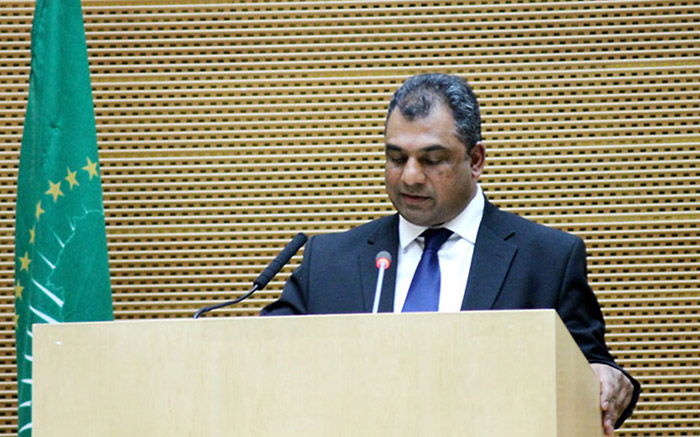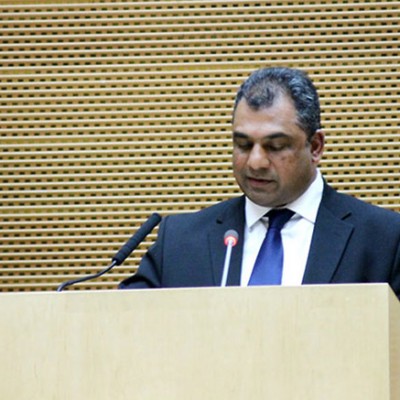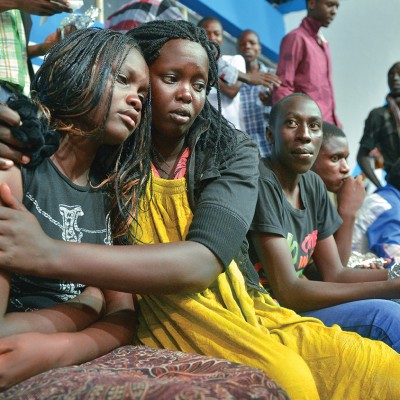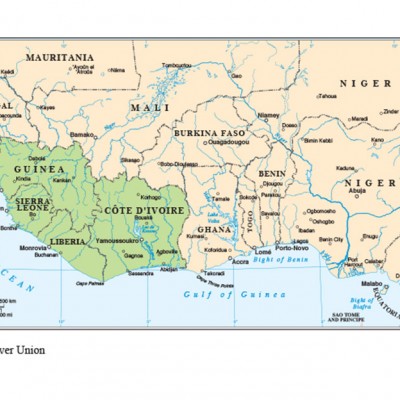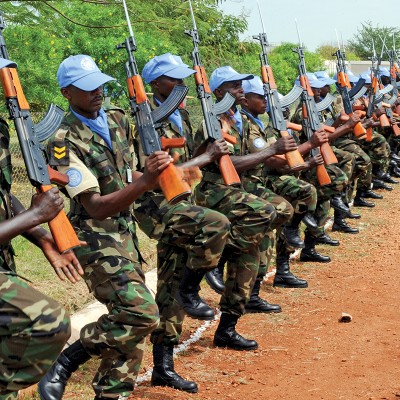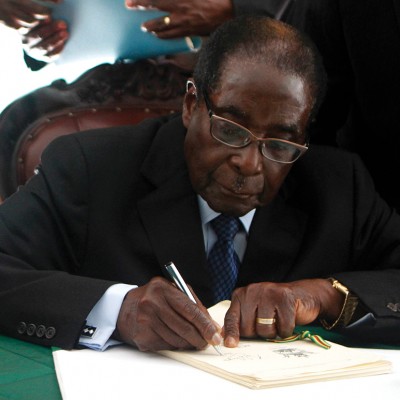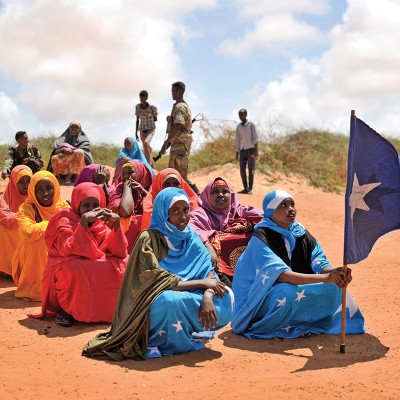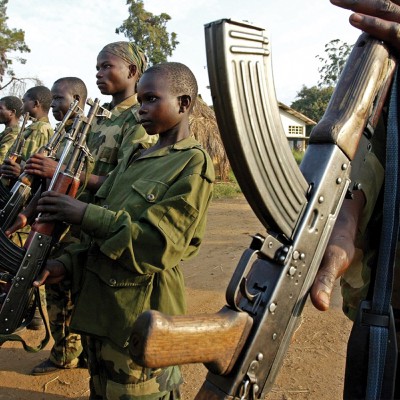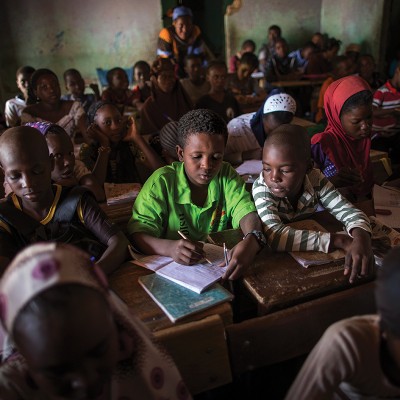The African continent is in a race against time.
Although many African countries have achieved positive gains in realising their development agendas and economic growth rates, uneven progress in eliminating poverty, unemployment and socio-economic inequality are significant threats to achieving the African Union (AU) Agenda 2063’s long-term vision of an “integrated, prosperous and peaceful African continent”.1
Widespread poverty, inequality and unemployment continue to characterise national socio-economic contexts, as skills, opportunities and capital remain concentrated within small centres of societies. Long-term strategies to reduce these societal gaps include massive investments in education (especially primary education) and infrastructure. Successful investments in education and associated skills will enable citizens to meet the evolving demands of an increasing global economy. Stronger infrastructure will enable the development of complementary economies – based in industrialisation and the information age – which are central for encouraging inclusive and broad-based economic development.
Advancing structural changes in education and infrastructure development can take, at a minimum, over 20-30 years to affect discernible change. This is precisely why the AU’s Agenda 2063 charts Africa’s development trajectory over a 50-year time frame, instead of a 15-year time frame. The policy priorities outlined in Agenda 2063 need to be undertaken immediately to observe progress for the next generation.
However, structural transformations are complicated by the unprecedented convergence of global forces – namely threat multipliers – that amplify Africa’s development challenges. These include:
- Exponential population growth: By 2050, the African continent will be home to over 2.4 billion people, representing 25% of the world’s population. Over half of those 2.4 billion citizens will be under the age of 18 years.2
- Rapid and unplanned urbanisation: Africa is the fastest urbanising continent and by 2050 approximately 56% of its inhabitants – over 1.3 billion people – will reside in urban areas.3
- Global economic challenges and decline in commodity prices: Africa has been affected adversely by the global economic decline – especially by China’s shift from an investment- to consumption-oriented economy and the precipitous drop in commodity prices.4
- Climate change: The 2014 Intergovernmental Panel on Climate Change (IPCC) Report concluded that temperature increases across Africa will exceed the 2°C threshold by 2100.5
The convergence of these forces will foster disruption and increase the likelihood of conflict. As we have witnessed in many contexts, conflict sets back development agendas for decades at a time. South Sudan’s recent conflict is estimated to cost over US$7 billion in development over the next five years, and the Intergovernmental Authority on Development (IGAD) region’s conflicts over US$53 billion in the same period.6
For Africa to achieve the aspirations of Agenda 2063, the continent must place greater emphasis on preventing and mitigating conflicts efficiently and effectively. Africa’s youth bulge and rapid urbanisation, coupled with massive investments in education and infrastructure, present a unique opportunity for long-term transformation. If we do not take advantage of this, Africa’s chances at inclusive and sustainable development may be lost.
The clock is ticking.
Endnotes
- African Union (2014) ‘Agenda 2063’, Popular Version, Second Edition, Available at: http://archive.au.int/assets/images/agenda2063.pdf [Accessed 21 June 2016].
- UNICEF (2014) ‘Generation 2030 | Africa’, Available at: http://www.unicef.org/publications/index_74751.html [Accessed 8 June 2016].
- Mo Ibrahim Foundation (2015) ‘Africa’s Urban Dynamics – Facts and Figures’, Available at: http://static.moibrahimfoundation.org/u/2015/11/19115202/2015-Facts-Figures-African-Urban-Dynamics.pdf [Accessed 8 June 2016].
- African Development Bank, Organisation for Economic Cooperation and Development, UN Development Programme (2016) ‘African Economic Outlook 2016: Sustainable Cities and Structural Transformation’, Available at: www.africaneconomicoutlook.org/sites/default/files/2016-05/eBook_AEO2016.pdf [Accessed 8 June 2016].
- International Panel on Climate Change (IPCC) (2014) ‘Fifth Assessment Report – Impacts, Adaptation and Vulnerability’, Chapter 22, Africa, p. 1202, Available at: http://ipcc-wg2.gov/AR5/images/uploads/WGIIAR5-Chap22_FINAL.pdf [Accessed 8 June 2016].
- Frontier Economics (2015) ‘South Sudan: The Cost of War. An Estimation of the Economic and Financial Costs of On-going Conflict’, Available at: http://www.frontier-economics.com/documents/2015/01/south-sudan-cost-war.pdf [Accessed 8 June 2016].

